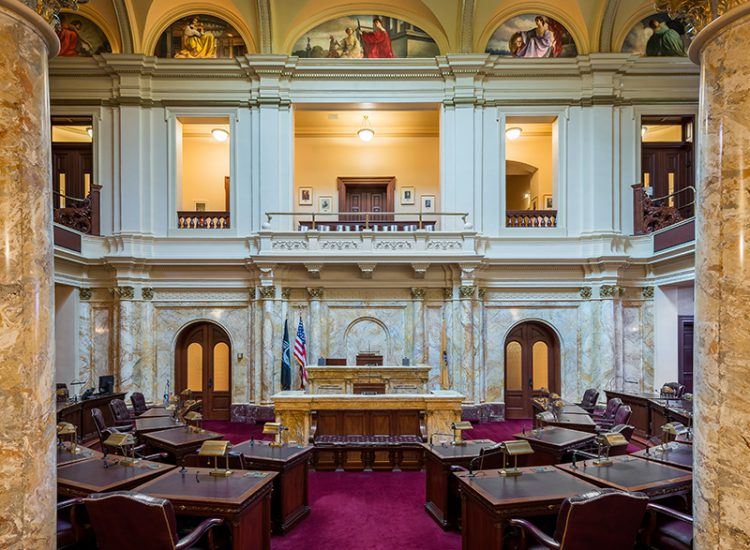New Jersey lawmakers approved a record-breaking $58.8 billion state budget for fiscal year 2026, marking the largest spending plan in state history while exposing deep partisan divisions over fiscal priorities and transparency.
Democratic leaders championed the budget as a responsible investment in property tax relief and essential services. Assembly Majority Leader Louis Greenwald emphasized that “more than 49% of the budget is dedicated to easing the burden on New Jersey families” through record property tax relief. Senate Budget Committee Chair Paul Sarlo praised the transparent process, stating there’s “a lot of good in this budget.”
The 29th District’s Democratic delegation, including Sen. Teresa Ruiz and Assemblywomen Eliana Pintor Marin and Shanique Speight, described it as “rooted in responsibility, stability and service,” highlighting investments in education, public health, and support for vulnerable residents while maintaining a strong surplus during economic uncertainty.
However, Republican lawmakers launched fierce criticism, particularly targeting the last-minute process and spending increases. Assemblyman Al Barlas called it “fiscal malpractice,” noting that lawmakers had “20 minutes to read over hundreds of line item spending increases” totaling $700 million while cutting mental health resources for first responders.
Senator Declan O’Scanlon warned of a “giant steaming pile of deficit and a ticking time bomb” for future administrations, citing a $1.5 billion structural deficit. He criticized spending on what he called “Tiki Bars, yoga, and minor league stadiums” while proposing redirections to cover potential Medicaid losses.
Senator Carmen Amato Jr. from the 9th Legislative District said “The budget process in Trenton is broken and it’s hurting our schools, our towns, and our taxpayers. Schools that have been underfunded for years finally had a chance at fair funding, only to see their aid increases arbitrarily capped. More than 100 districts saw their funding cut outright, again.”
Assembly Republican Leader John DiMaio questioned when taxpayers would receive meaningful relief, while Senator Kristin Corrado argued the budget “lacked transparency, public input and increases taxes on New Jersey residents.”
Even some Democrats expressed reservations. Assemblywoman Rosy Bagolie called her support vote “one of the most challenging decisions” she had faced, ultimately backing the budget to prevent risks to schools, municipalities, and health services.
The budget’s passage underscores New Jersey’s ongoing fiscal challenges as lawmakers balance competing demands for services, tax relief, and long-term sustainability.


